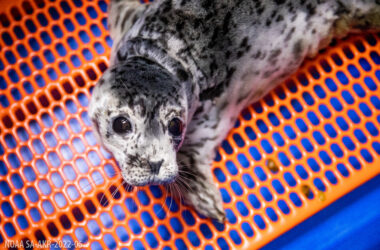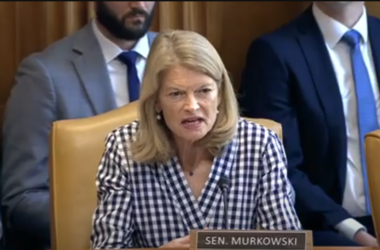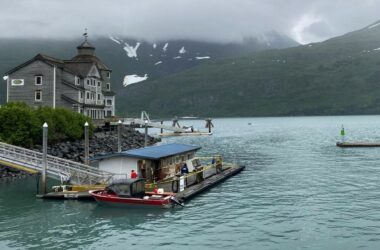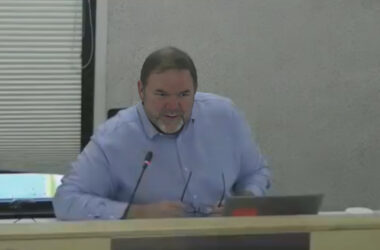U.S. District Court Judge Richard Jones denied the State’s request for a stay of his May 2nd order that vacates the incidental take statement (ITS) for the Southeast Alaska winter and summer commercial Chinook troll fishery on Friday May 26th, 2023.
This document gives these fisheries coverage for the incidental “take” of species listed under the Endangered Species Act. This order has the practical effect of closing the directed summer and winter Chinook troll fisheries until a new ITS is in place.
In response to this ruling, the State of Alaska has filed an appeal to the Ninth Circuit today and is filing a motion for stay of the district court’s vacatur order of the ITS. The State is requesting a decision by June 23 so that the fishermen can gear up for the summer season, which starts on July 1.
The Wild Fish Conservancy sued the National Marine Fisheries Service alleging several violations of the Endangered Species Act and National Environmental Policy Act. The plaintiff’s primary claim is that Southeast Alaska troll fisheries and the associated prey increase (hatchery) programs threaten both ESA-listed Chinook salmon and the ESA-listed Southern Resident Killer Whales that depend on them for food off the coasts of Washington, Oregon, and Canada.
“Vacating the ITS and effectively closing the fishery spawn disaster for Southeast Alaska’s economy and way of life while providing no meaningful benefit to the endangered Southern
Resident killer whales,” said Alaska Fish and Game Commissioner Doug Vincent-Lang.
“Troll fishing for Chinook is critical to Southeast Alaska’s economy, local government, and culture. It is a way of life. And we intend to do everything we can to defend our fisheries.”
Vincent-Lang added, “the district court singled out an Alaskan fishery to shoulder the entire burden of conservation, while other fisheries, notably those occurring along the Pacific Northwest coast that have disproportionately higher levels of impact, are left untouched and unrestricted. This is unequitable and unfathomable. If this ruling sticks, we will be looking at having all fisheries treated equally.”






